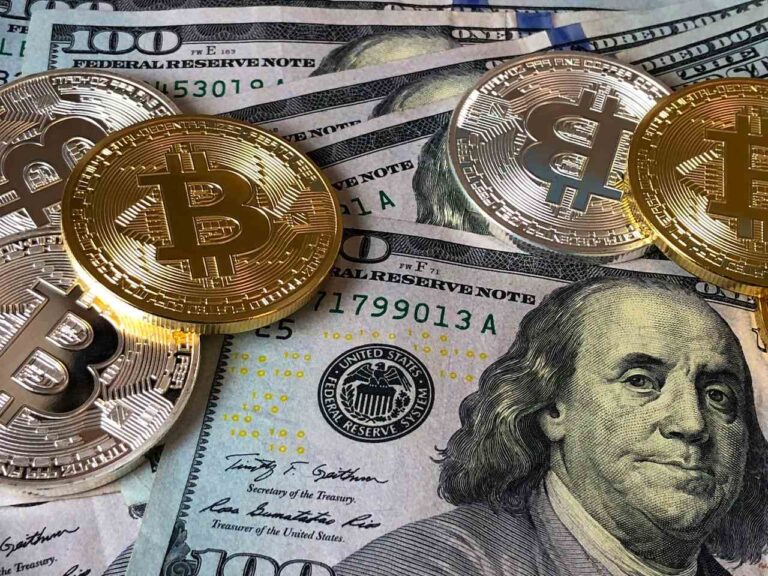In recent weeks, networks such as Bitcoin and Ethereum have been particularly congested. The volume of transactions has been very high, especially on the BTC blockchain. This has obviously generated an increase in the cryptocurrency fees to be paid during our crypto trading. Which, let’s be frank, nobody really likes. Just think that in the first days of May, the highest values of the last 2 years were reached in the Bitcoin network in terms of commissions!
That’s why we’re now going to find out if and how we can save money by trading cryptocurrencies, or simply the capital to be invested, being eroded by the very high fees of the last few days.
Table of Contents
Use exchanges with 0 commissions
I know it may sound unbelievable, but there are crypto trading platforms that do not charge commissions.
Some reliable examples? Robinhood, the investment app that does not charge commissions on stock trades, has also eliminated trading commissions. Thus making it one of the cheapest platforms for cryptocurrency trading.
Fidelity also offers 0% commission trades for retail investors, while Uphold charges no commission on Bitcoin trades.
Although you are likely to pay commissions on most cryptocurrency exchanges, including Coinbase and Binance, there are ways to avoid or minimise them. For example, Binance.US offers free trading of both Bitcoin and Ethereum.
Buy cryptocurrencies with tokens
Many of us are still not used to paying or being paid in digital currency.
Precisely for this reason, we often buy crypto with traditional currencies such as EUR, USD or JPY.
However, some blockchains favour buying or selling cryptocurrencies if we pay in tokens, rather than traditional currencies!
When we buy cryptocurrencies in fiat currencies, in fact, we are likely to pay higher fees. Even related to the deposit in one’s digital wallet. On the other hand, the use of digital currencies may even be free of charge. Using this strategy can therefore be useful to reduce or eliminate the fees on our cryptos.
Read also: What is tokenization: all about the technology revolutionizing financial transactions
Beware of the amount to invest
For some it may not be relevant, but it all depends on the volumes of our exchanges.
Many crypto exchanges charge a percentage of the amount traded. Which means that if you are executing a $1,000 transaction with a 0.10% commission, you might incur a $1 fee. But if it were $10,000 you would pay a whopping $10.
In some cases there is a fixed fee, but in general, the larger your transaction, the more you will pay. This means carefully considering the amount you want to invest and studying the platform with the best commissions, or possible bonuses for large deposits.
Use exchange promotions
To start investing in cryptocurrencies, you will need to start buying as many tokens as possible. Thus depending on the value of your capital.
There are often bonuses that invite you to sign up, giving away some tokens, more or less well-known, or even Bitcoin..
Several crypto providers offer sign-up offers and other promotions that give access to cryptocurrency for free. Which will reduce the burden of fees within your crypto wallet.
Some will offer you $5 in Bitcoin, as happened with Coinbase, when you make a cryptocurrency purchase. Offer free shares when you sign up with Webull or Robinhood, rather than sign-up bonuses totalling $6,050, depending on your trading level, for completing various tasks related to trading on Phemex.
Maximising crypto investments
The Web3 world is constantly changing. The development of digital assets is one of the most interesting topics for investors. This is because it is a very large market with still high probability of future profits.
When it comes to devising a financial strategy, however, investors tend to focus exclusively on returns. But looking at how much you pay to trade is just as important, if not more so! Commissions can erode your portfolio far more easily than you might imagine.
Cryptocurrencies are no exception to this rule. There is a price to pay for trading digital assets. Even without a third party such as a broker involved in the transaction. Online networks must be managed, exchanges must be documented, and cryptocurrency exchanges must make money to support the role they play.
Read also: Litecoin, imminent halving: what will happen to the cryptocurrency behind BTC












